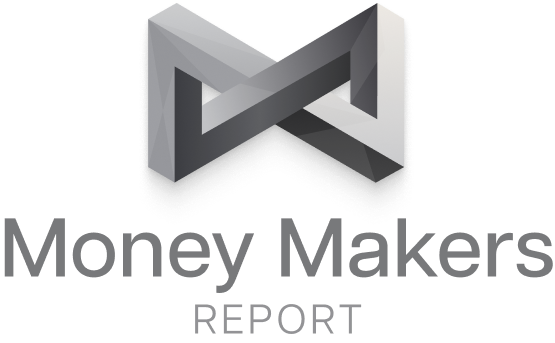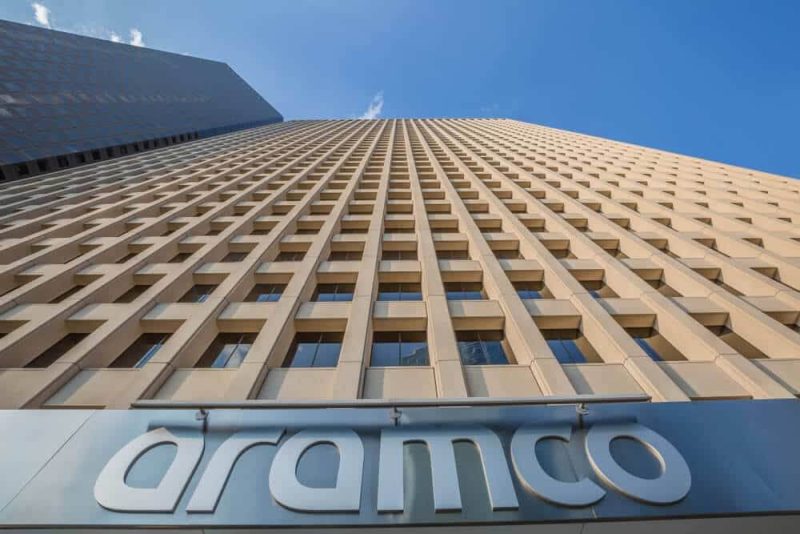1,300 TEU Methanol-Fuelled NCL Vestland Launched in 2024
Quick Look:
NCL Vestland, a 1,300 TEU methanol-fuelled vessel, was launched in June 2024 for carbon neutrality.
Operated under a 15-year charter with NCL, supported by Elkem ASA, and built by Taizhou Sanfu Shipbuilding.
Methanol dual-fuel engine is expected to cut energy consumption per TEU by over 50%.
In June 2024, the launch of the NCL Vestland marked a significant milestone. It showcased a methanol-fuelled vessel designed for carbon neutrality. This groundbreaking 1,300 TEU ship was commissioned by MPC Container Ships (MPCC). Thereby promised to revolutionise maritime transportation by significantly reducing carbon emissions.
NCL Vestland’s 15-Year Charter with NCL and Elkem ASA
North Sea Container Line AS (NCL) will operate the vessel under a 15-year time charter agreement with Elkem ASA. Taizhou Sanfu Shipbuilding constructed the vessel, beginning the project in July 2022, which showcased a successful collaboration between the Norwegian Wilhelmsen Group and MPC Capital. MPCC predominantly owns the NCL Vestland with a 90.1% stake, while Topeka MPC Maritime AS holds the remaining 9.9%.
Scheduled for delivery in the second half of 2024, the NCL Vestland will operate with a methanol dual-fuel engine. Therefore shifting from traditional diesel-powered vessels. This transition will enhance energy efficiency and reduce energy consumption per TEU by over 50%. Once operational, the NCL Vestland will replace three existing diesel-powered ships in NCL’s fleet, signifying a significant step towards sustainable shipping. Anticipated as a future milestone, the launch of Norway’s first carbon-neutral service will underscore the vessel’s importance in the maritime industry.
NCL Orders World’s First Ammonia-Powered Ship for 2026
In 2024, NCL announced an order for the Yara Eyde, the world’s first ammonia-powered containership, with delivery scheduled for 2026. This innovative vessel is part of a collaborative effort involving NCL, Yara Clean Ammonia, Yara International, and CMB.TECH. The Yara Eyde will operate on the Norway to Germany route, setting new standards for eco-friendly maritime transport. Moreover, it will highlight the potential of ammonia as a sustainable fuel alternative.
June 2024 saw Chemanol sign a pivotal 20-year supply agreement with Saudi Aramco Total Refining and Petrochemical Company (SATORP), ensuring an annual provision of 100,000 metric tonnes of methanol. This agreement forms part of the expansive Amiral project. Moreover, it represents an $11 billion investment to enhance Saudi Arabia’s petrochemical production capabilities.
Amiral Project: $11 Billion Investment in Saudi Petrochemicals
The project commenced construction in 2023 in Jubail Industrial City in the Eastern Province. Upon its completion and commercial operation commencement in 2027, the Amiral project will boast a production capacity of 1,650 kilotons of ethylene annually and a refinery capacity of 460,000 barrels per day of Arabian Heavy Crude. Furthermore, Chemanol and its partners will leverage off gases, naphtha, ethane, methanol and light naphtha sourced from the SATORP refinery and Saudi Aramco.
This strategic alignment supports TotalEnergies’ vision for sustainable development. However, it still manages to utilise cost-effective and environmentally favourable feedstocks. The shareholders in this venture include Saudi Aramco, holding 62.5%, and TotalEnergies with 37.5%. These events collectively signify remarkable strides in the maritime and petrochemical industries towards sustainability, leveraging advanced technologies and strategic partnerships to reduce environmental impact and enhance operational efficiency.
The post 1,300 TEU Methanol-Fuelled NCL Vestland Launched in 2024 appeared first on FinanceBrokerage.

